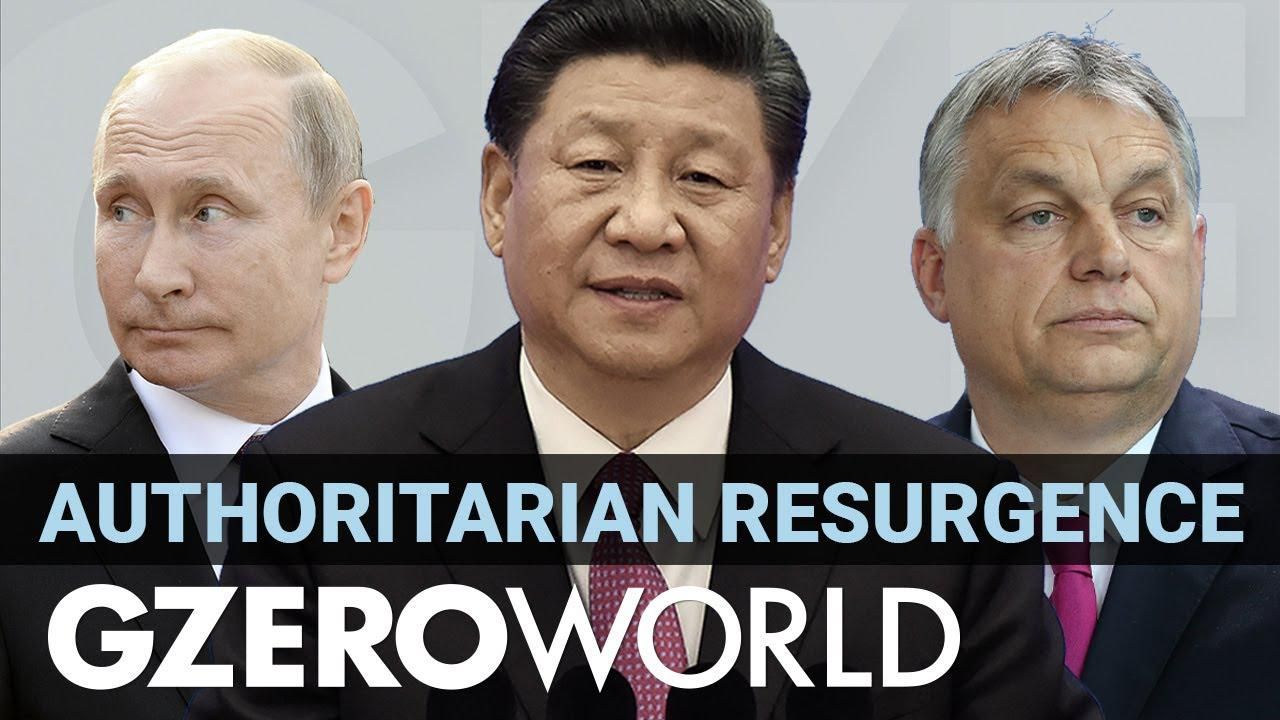GZERO World Clips
Putin, Russia & the allure of autocracy

Putin, Russia & the Allure of Autocracy | GZERO Media

“Emperor” Putin has no clothes — and he doesn’t care Global attention is now on Ukrainians fighting for democracy.
But over the past 15 years, the global trend has actually gone in the opposite direction — toward more autocracy. For John Hopkins University professor Yascha Mounk, it's all about confidence — lack of it in democracy in the West and more trust in autocracy in places like China or Russia.
He tells Ian Bremmer on GZERO World that Xi Jinping and Vladimir Putin now know they no longer need to play by the rules of the West. They've become a lot more honest about their demands and lack of respect for democracy domestically.
This mindset, Mounk adds, explains how Putin is transforming Russia into a repressive regime in which naked power is central.
Putin, he says, believes the West is decadent, undermined by its values, while he views himself as a strong leader with traditional values — making him the hero in his own story.
"I'm absolutely sure that Vladimir Putin thinks that he is serving the grandeur of a Russian nation and that while he is allowing himself a little yacht here and a little bit of corruption there, this is ultimately in the interests of his people," says Mounk, author of a new book, "The Great Experiment: Why Diverse Democracies Fall Apart and How They Can Endure."
100 million: The number of people expected to watch the Super Bowl halftime performance with Bad Bunny, the Puerto Rican superstar and newly minted Album of the Year winner at the Grammys.
Think you know what's going on around the world? Here's your chance to prove it.
An imminent US airstrike on iran is not only possible, it's probable.
Americans are moving less — and renting more. Cooling migration and rising vacancy rates, especially across the Sunbelt, have flattened rent growth and given renters new leverage. For many lower-income households, that relief is beginning to show up in discretionary spending. Explore what's changing in US housing by subscribing to Bank of America Institute.